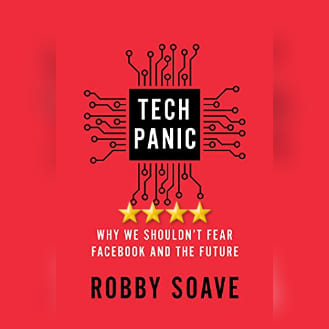Regurgitation Of Left-Of-Center Talking Points. I’ll sum this book up quickly: For any given problem it notes, it basically rehashes solidly leftist (though not extreme leftist) talking points before its policy recommendations come down to more National government spending and/ or action. Which perhaps is to be expected from a book dedicated to the memory of John Lewis and Ruth Bader Ginsburg.
The problem is that it routinely ignores critical details – such as when it claims that recent election reforms in Georgia “left seven Counties with only a single polling place open on Election Day”. Georgia has 159 Counties, ranging in size from Clarke County (128K people) (home of the University of Georgia) at 121 sq miles to Ware County (36K people) (largely home of the Okefenokee Swamp) at 903 sq miles and ranging in population from Talaiferro County (population 1,558, area 195 sq miles) to Fulton County (the City of Atlanta, basically) (population 1.065 million, area 529 sq miles). In making a claim such as the one these authors made, population, County size, and where the population clusters are within the County relative to where the singular polling place is are all crucial factors – that the authors blatantly ignore and don’t even seem to account for at all in their analysis. Similar issues can be seen on every topic they discuss, from the need for Civics education (where they support the 1619 project despite its blatant racism) to the environment and gun control and every other issue covered here.
Now, I will admit that this text is fairly well documented at roughly 30% – but this just shows just how much cherrypicking of data and sources these authors did to be so well documented yet skip over so many critical facts.
Overall, this is one where if you agree with the leftist slant of the authors you’ll likely enjoy much of what you find here, and if you disagree with it, you won’t find as much here. Still, there are a few interesting points here and there, it is simply overall truly lacking in adding anything to the cultural conversations – which is sad, because based on its title and written description, it had much more promise than it ultimately contained. Not recommended.
This review of Holding Together by John Shattuck, Sushma Raman, and Matthias Risse was originally written on June 3, 2022.



